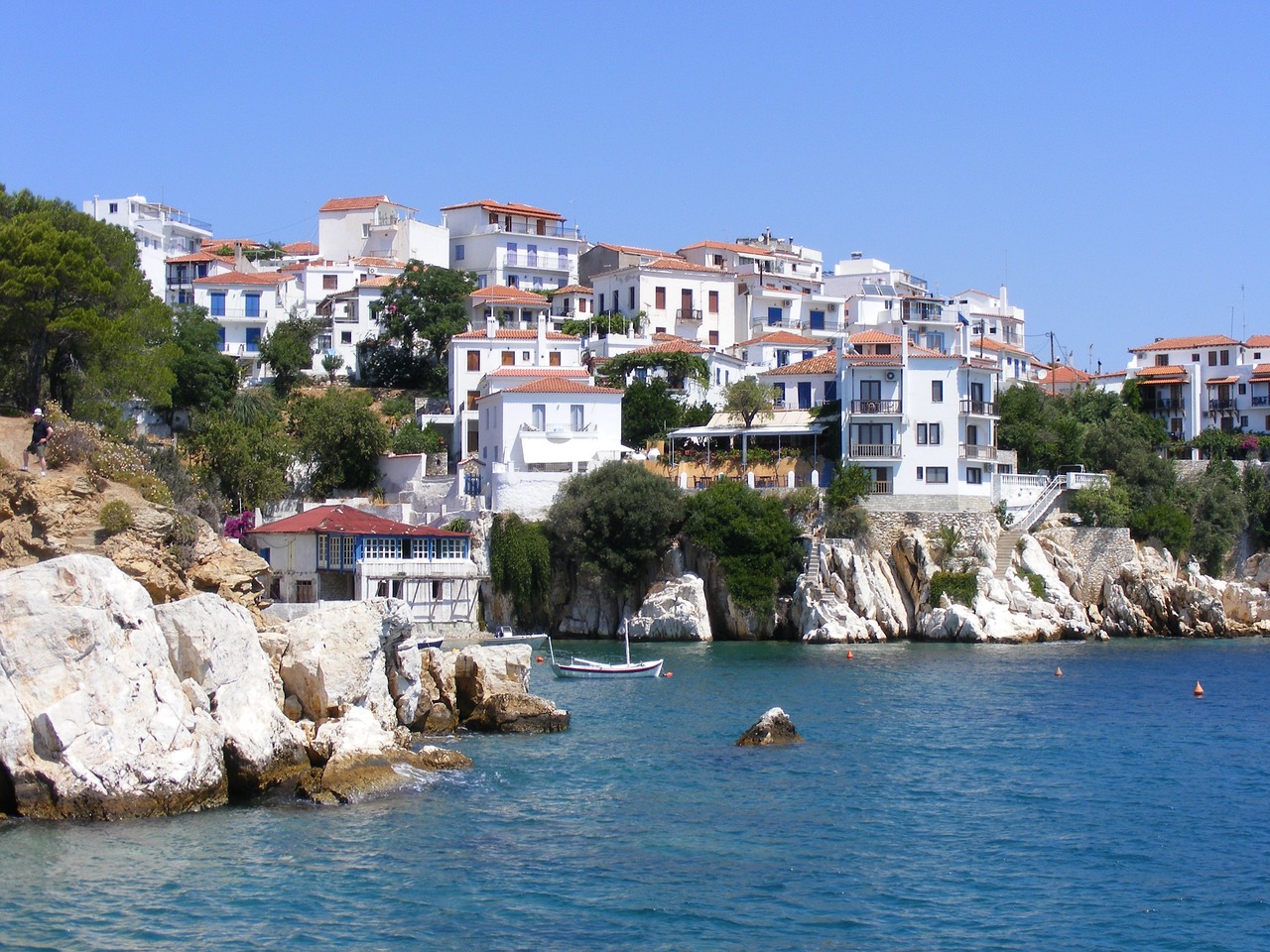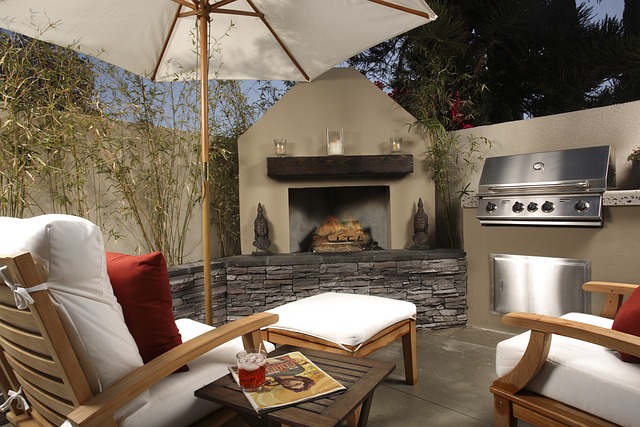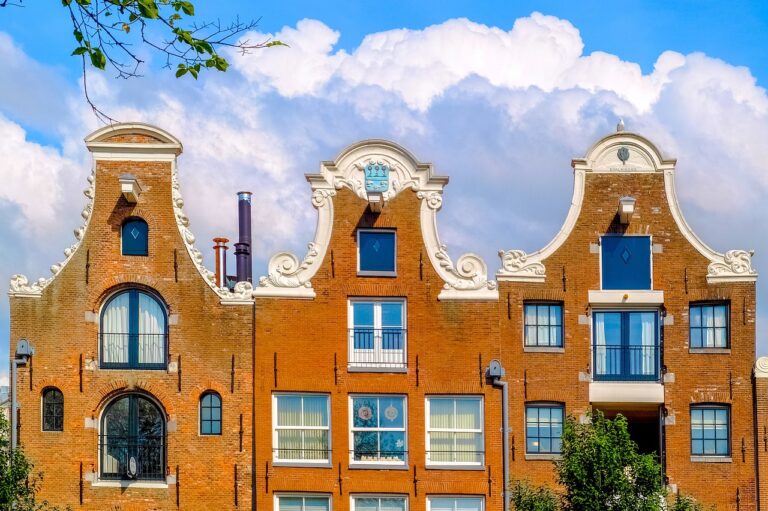The Cultural Significance of Hot Tub Rituals
11xplay, gold365.win, skyexchange registration:Hot tub rituals have been a part of cultures around the world for centuries. From ancient Roman bathhouses to modern-day luxury spas, the act of soaking in a hot tub holds a special cultural significance that goes beyond mere relaxation. In this article, we will explore the cultural significance of hot tub rituals and why they have stood the test of time.
The History of Hot Tub Rituals
Hot tub rituals date back to ancient times when various cultures used hot springs and natural thermal baths for healing and purification. In ancient Rome, public bathhouses were not only places to cleanse the body but also social hubs where people gathered to socialize and relax. The tradition of communal bathing spread to other civilizations, including the Greeks, Turks, and Japanese, each adding their own cultural practices to the ritual.
As time passed, hot tubs evolved from natural thermal springs to man-made structures, such as wooden soaking tubs and modern-day Jacuzzis. Despite these technological advances, the underlying cultural significance of hot tub rituals has remained constant throughout history.
The Power of Water
Water has long been associated with healing and purification in various cultures. In Hinduism, for example, the Ganges River is considered sacred and is believed to cleanse the soul of sins. In Native American traditions, water is seen as a source of life and renewal. Similarly, hot tub rituals are often seen as a way to cleanse the body and mind, as well as to promote relaxation and well-being.
The combination of hot water and massage jets in a hot tub can have numerous health benefits, including reduced stress, improved circulation, and relief from muscle soreness. Additionally, the act of soaking in a hot tub can help to release tension and promote a sense of calm and tranquility.
Social Connections
In many cultures, hot tub rituals are seen as a way to strengthen social connections and foster community. The act of bathing together can create a sense of camaraderie and intimacy among participants, breaking down barriers and encouraging open communication.
In Japan, for example, communal bathing in hot springs, known as onsen, is a popular social activity that promotes relaxation and bonding among friends and family members. Similarly, in Scandinavian countries, such as Finland and Sweden, hot tubs and saunas are a common feature of social gatherings, where people come together to relax, unwind, and connect with one another.
Modern-Day Hot Tub Rituals
In today’s fast-paced world, hot tub rituals continue to hold cultural significance as a way to escape the stresses of daily life and promote overall well-being. Many people see soaking in a hot tub as a form of self-care and relaxation, a time to unwind and recharge both body and mind.
Whether it’s a solo soak after a long day at work or a social gathering with friends and family, hot tub rituals offer a space for connection, relaxation, and rejuvenation. The warm water and soothing jets provide a sanctuary from the outside world, allowing participants to release tension, improve their mood, and promote a sense of peace and tranquility.
FAQs
1. Are hot tubs safe for everyone to use?
Hot tubs are generally safe for most people to use, but it’s important to follow proper safety guidelines, such as not staying in the hot tub for too long and maintaining the water at a safe temperature. Pregnant women, people with certain medical conditions, and young children should consult with a doctor before using a hot tub.
2. How often should I clean my hot tub?
It’s recommended to clean your hot tub at least once a month to prevent the buildup of bacteria and other contaminants. Regular maintenance, such as changing the water, cleaning the filters, and testing the chemical levels, can help keep your hot tub clean and safe to use.
3. What are the benefits of using essential oils in a hot tub?
Adding essential oils to your hot tub can enhance the relaxation experience and promote various health benefits, such as improved sleep, reduced stress, and relief from muscle soreness. However, it’s important to use high-quality oils and follow proper guidelines for dilution and usage to prevent skin irritation or other adverse reactions.
In conclusion, hot tub rituals have a rich cultural history that spans across civilizations and time periods. From ancient rituals of healing and purification to modern-day practices of relaxation and social connection, hot tubs continue to hold a special significance in our lives. Whether used for self-care, social bonding, or simply as a way to unwind, hot tub rituals offer a space for rejuvenation, relaxation, and well-being in today’s hectic world.







